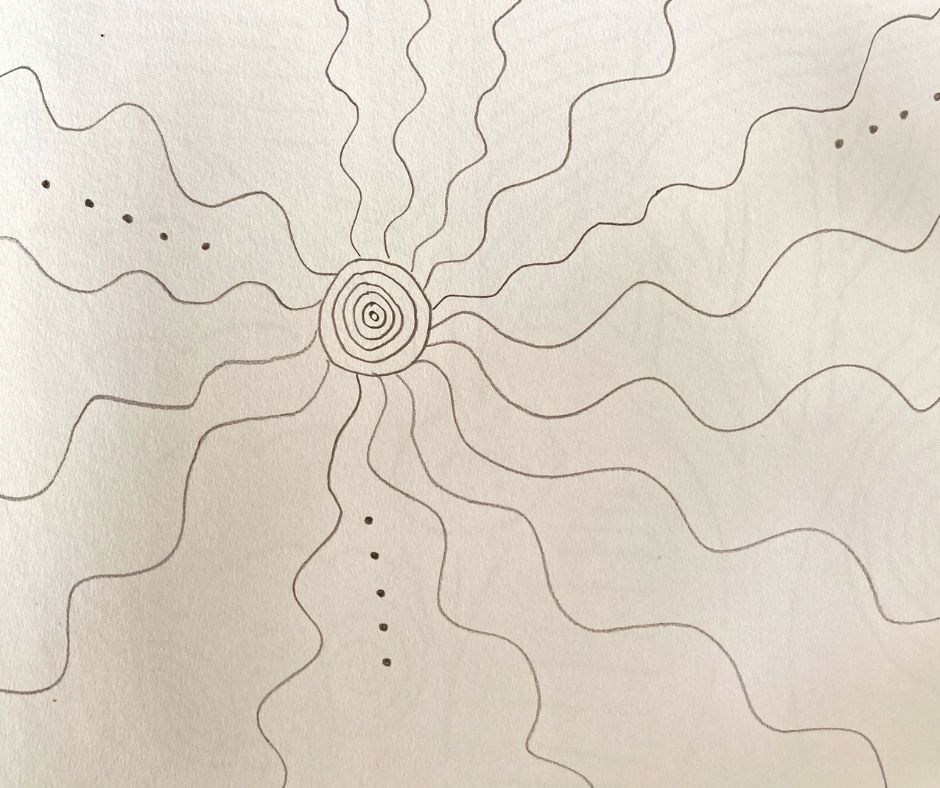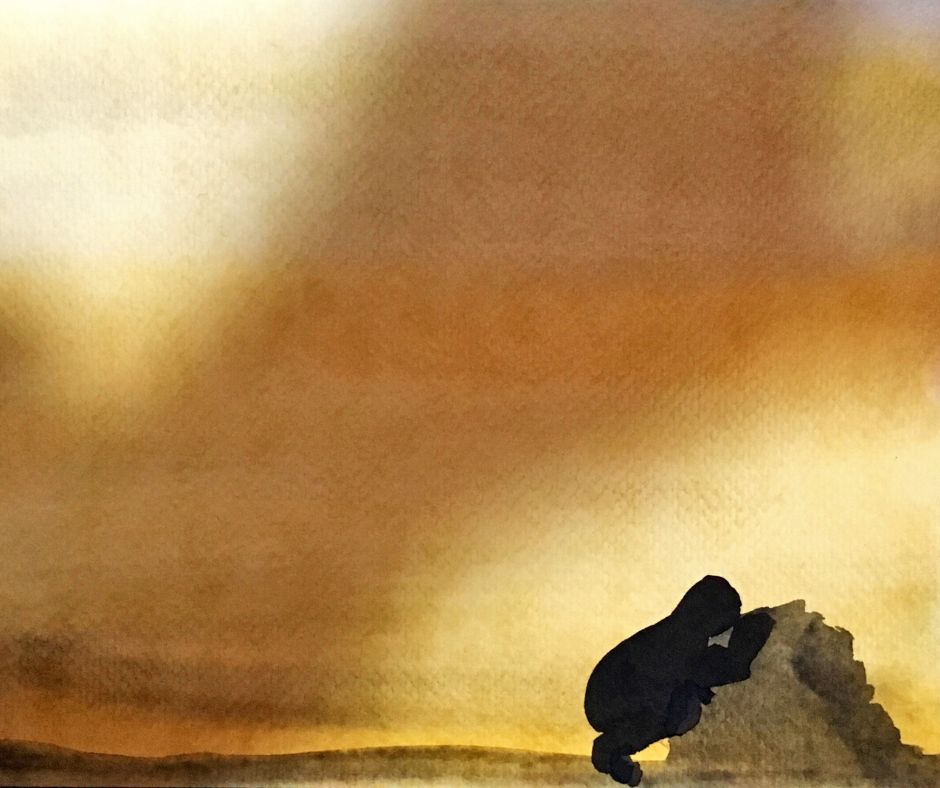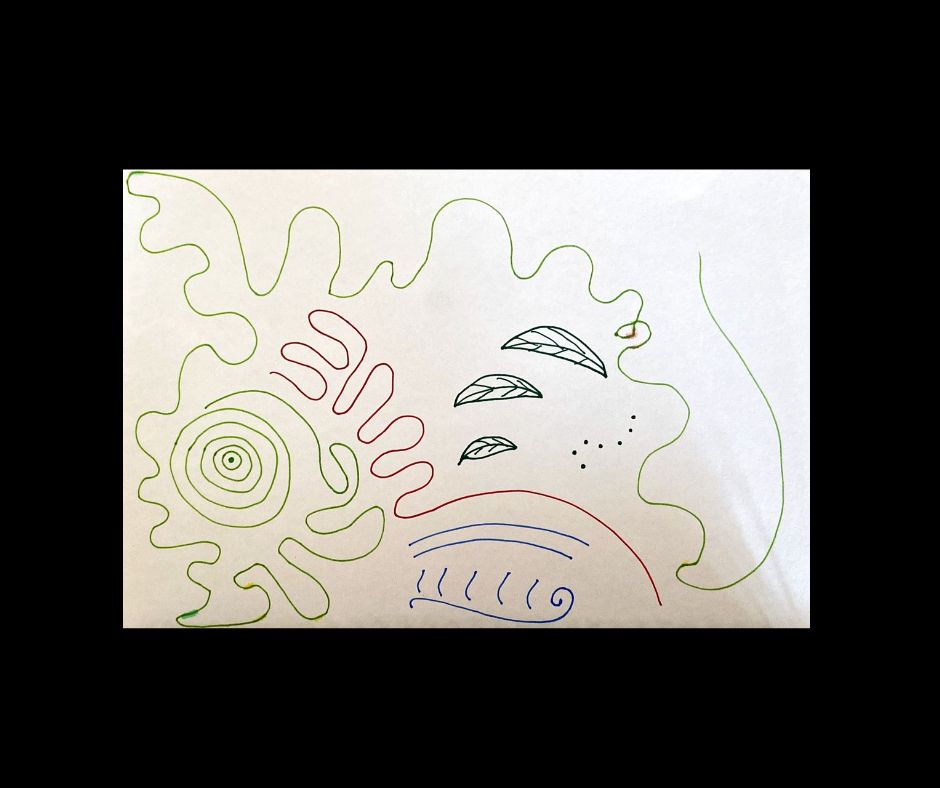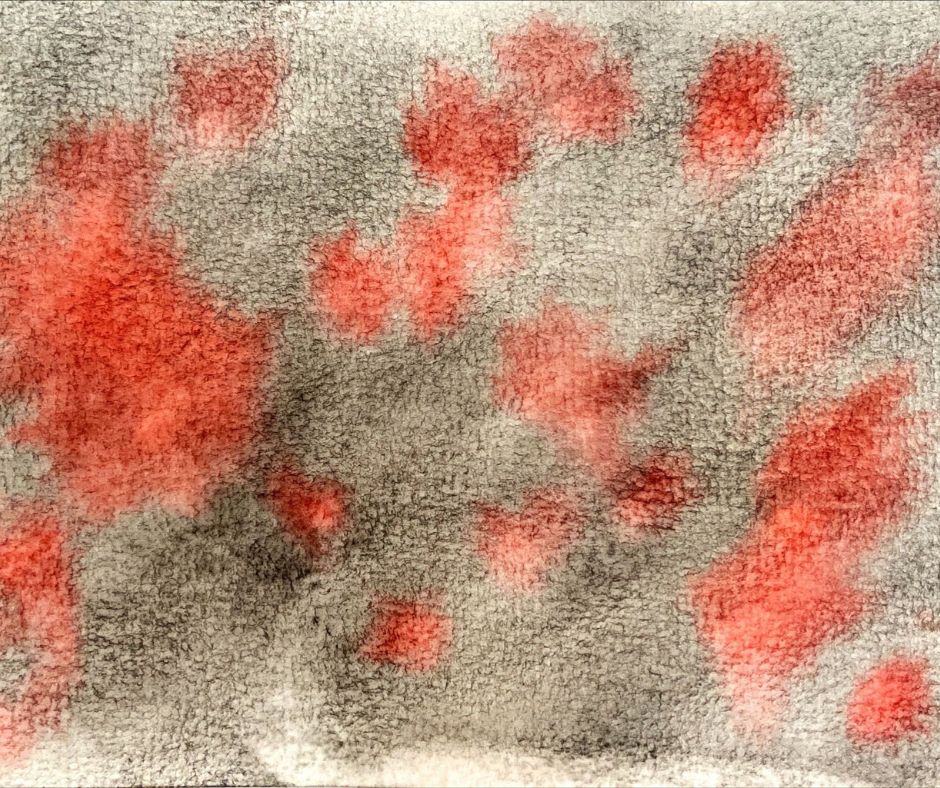
This quote from a Tara Brach lecture is a reminder that you need to find your purpose in life. This is not some mystical endeavour, it is actually relatively simple.
What are the things you love doing?
What is your passion?
Not what others tell you that you are good at, or that you should be doing. No. This is about what you love doing. What you dream of doing.
What Makes You Happy?
Think of the things you long to do. The things that make you happy.
When you identify what makes you happy let your purpose come to you. Practice mindfulness. Sometimes meditate on the things the make you happy.
Explore without agenda, just with curiosity, what it is about those things that makes you happy. Allow the exploration to lead you to where it sends you.
Learn To Listen To Your Intuition
If you haven’t already done so, learn to listen to your intuition. That feeling in your belly that alerts you to things that you are uncomfortable with and things you love doing. That feeling that longs to do things.
Do the things you love. Allow your imagination to dream about them. Follow your intuition. In time create your ideal reality. Realise that the longings you feel, the call you hear, is calling you for a reason. This is the path, the path you follow with purpose. This is your purpose in life.
Your Purpose
Your purpose is what YOU follow. Nobody else has to follow that path. Nobody else has to understand why you follow it. Nobody else has the right to criticise or judge your path. It is your path, your responsibility, your choice.
Finding that path is great. Following it is often daunting.
Following Your Purpose
Tara Brach talks about how in times like this you forget your oceannness. You identify with the waves crashing on the shore, tossing you around when you swim in the surf. Those waves can be scary. They are hard to learn to ride. Even experienced surfers fall off waves frequently. That can be scary.
But Tara reminds us you are not the waves. You are the ocean. Never forget your oceanness. You should be identifying with the ocean, not the waves. The ocean is vast and powerful and the waves have little impact on it. The ocean is bigger than the waves and you don’t have to be afraid of the waves, because you are the ocean.
You Are The Ocean And The Waves Are Thoughts and Feelings
See the waves as thoughts and feelings you are experiencing. Just listen to them. I love to watch the waves on stormy days. Their power and their ferociousness is awe inspiring. But if you look out beyond the waves, the ocean if fairly flat. If you were to travel out way beyond the continental shelf you would see the vast ocean, stretching as far as you can see in all directions. This vast body of water that hardly moves at all.
The waves have little impact on the ocean itself. And your thoughts and feelings have no power over you. Using the essential skill of mindfulness meditation, you can listen to those thoughts and feelings. When you ground yourself in the present moment, in reality, and use mindfulness, you can take a step back from those thoughts and feelings and just observe them.
Learning To Identify With the Ocean
You are the ocean and you are not the waves breaking on the shore. You can see them and observe them, but they have little impact on the deepest part of you.
When you identify with the calm, deep and steady ocean and use mindfulness you can just observe the emotions and realise you may be experiencing them, but you are not the emotions and thoughts. You are the calm, deep, steady ocean.
How To Manage Overwhelming Thoughts and Memories
You can do this every time emotions or memories overwhelm you. Focus on your breathing. feel into the sensations in your body. Connect to the ground. Take that step back and observe the emotions.
Sometimes it is helpful to say “this too”. I have found this a really helpful phrase to remind me to step back from the emotions and observe them rather than be overwhelmed by them.
Be the observer watching the waves crash on the shore, not the person being thrown around by them, struggling not to drown.
Journalling after you meditate is really helpful. It is especially useful after you have meditated to manage overwhelm.
How Do I Learn To Meditate?
I will shortly be making available a recording of how to do a basic mindfulness meditation.
It often works better if you can get spoken instructions. If you were sitting in my therapy room, or the location where we have chosen to hold a therapy session, I would instruct you on how to do this.
For now, I will write some instructions. If you sing up for my newsletter you will receive a free mindfulness mediation that guides you to explore your feelings safely. It is a helpful interim measure and you may learn from it too.
Practicing Mindfulness
Practicing mindfulness is about allowing yourself to be present. Really present. It is about paying attention to what is happening in you and around you. Sometimes, too deep an exploration of your internal feelings can be overwhelming so it is often helpful to be mindful of your boundaries and what is going on
around you.
I am going to describe a mindfulness mediation that focuses on your boundaries and what is around you.
A Mindfulness Meditation
- Find somewhere comfortable to sit or lie. Somewhere where you won’t be disturbed.
- It can be helpful to listen to gentle music, there is plenty you can find online or you may have some in your music library.
- You may choose to close your eyes, or if that is too difficult to do, soften your focus so that you are not looking at anything.
- Breathe in deeply so that you feel your tummy rise. Then slowly release that breath.
- Pay attention to what it feels like as you breathe in, as the air enters your nose, as your tummy and chest rise.
- Then pay attention to what it feels like as you breathe out, your tummy and chest drop and you can feel the air leaving your nose.
- You may even hear yourself breathe in and out.
- You may choose to say to yourself “I am breathing in”. “I am breathing out.”
- You may choose to say to yourself “As I breathe in, I breathe in peace”. “As I breathe out I breathe out tension.”
- Continue breathing gently and easily for a while.
- When you are ready you may choose to check in with your body to identify how you are feeling. This involves focusing on each area of the body as you breathe in and out and noticing anything you are feeling there. It may be tension, pain, discomfort, heat, cold, relaxation. Don’t judge what you feel, just notice it.
- If at any time you find yourself noticing other things, maybe a thought pops up, just notice it and don’t engage with it. It is as if someone has come into the room and you know they are there but you choose not to talk with them.
- As I mentioned earlier, it can be distressing for some people to explore the body. If you notice that you may switch to observing your boundaries.
- Notice your body as it touches whatever you are sitting or lying on. Notice the feeling of the fabric where your skin is making contact. Notice the feeling of pressure where your body is making contact with the other surface. If your feet are touching the floor notice your feet touching the floor. If you are in a room with a breeze, notice the feeling of the breeze on your skin.
- Once you have paid attention to your boundaries (your skin) you can turn your attention to things you are hearing. Maybe you can hear a clock ticking, or a bird calling outside the window. Maybe you can hear rain, wind, cars, a far-off lawn mower, children playing. Just gently notice those things without judgement.
- Continue breathing in and out and just observing what you are paying attention to, whether it is inside your body or outside of your body.
- When you are ready you may open your eyes, stretch and go about your day.
How Often Should I Practice Mindfulness And For How Long?
Mindfulness meditation does not have to be long. I suggest at least 5 minutes at a time. If you can manage that once or twice a day then you will become familiar with this practice and be well equipped to practice it whenever you are overwhelmed.
Just practicing mindfulness when you are overwhelmed won’t work because you will be trying to learn a new practice when your brain is not able to do that. But if you practice mindfulness when you are calm then you can just quickly use it when overwhelmed and your brain will be able to use mindfulness to help you regain calm.
Can I Help?
If you would like to talk to me about how I can help you with discovering your life purpose and/or learning mindfulness,, please contact me on 0409396608 or nan@plentifullifecounselling.com.au
If you would like to learn more, I write a regular newsletter with helpful information, tips, information on courses, and the occasional freebie. At the moment I have a free mindfulness meditation for anyone who signs up to my newsletter. This meditation offers a way to safely explore your feelings and learn to be okay with them. If you would like to subscribe please click on the link here: http://eepurl.com/g8Jpiz









